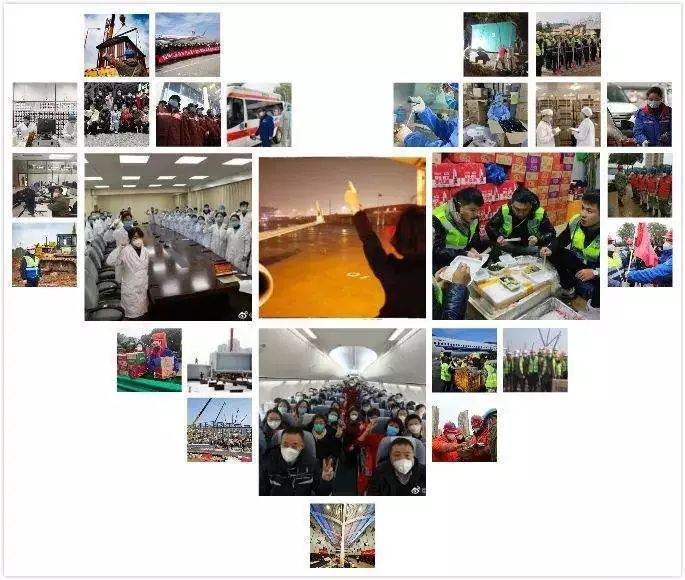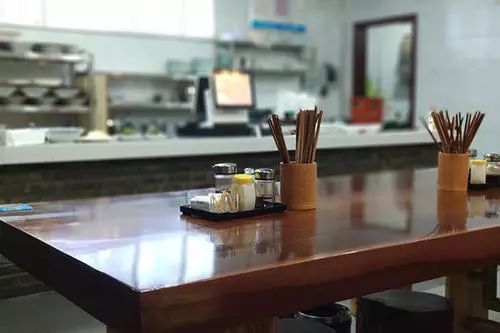The phrase “corporate social responsibility” (CSR) crops up frequently in media coverage of Covid-19, usually along with such keywords as “donation” and “charity.” With limited resources and capability, Chinese firms are trying to figure out a way to survive while making their own contributions to the country’s fight against the outbreak.
Zhang Yanlong, associate professor with Peking University’s Guanghua School of Management,believes that companies should be realistic and strategic when determining how to fulfill their social responsibility, focusing on issues that are related to their core businesses and aspects that could potentially unleash benefits for more people. With long-term plans and clear goals,such a strategic approach will help secure a win-win situation where social values are protected and businesses also thrive.

PICK BATTLES
According to Zhang, social issues typically fall into three categories. The first refers to those that are not closely interconnected with a firm’s business. The second include issues related to a firm’s production and operation along a value chain. The third type concerns issues that affect a company’s competitive power in a larger business environment. For instance, emission reduction is a first-type issue for banks but closely related to the day-to-day operations of logistic and transportation industries.
In a strategic CSR plan, Zhang said, a firm should prioritize issues that are of huge community concerns and also in line with its own corporate values while planning realistic goals. For example, a coffee company might want to spend their resources on improving education and infrastructure in regions where coffee beans are produced.
MYRIAD WAYS
During the outbreak, many companies take effective measures to ensure the health and security of employees and arrange them to work from home. Employees are a key interest party inside a firm, and their health is the foundation for normal business operation. Notably, many companies’employees voluntarily proposed to cut their own salaries so that they and their companies could all weather through the ordeal.
For customers and clients, many firms have offered special services during the outbreak. Telecommunication groups promised to keep mobile services available to users who do not have sufficient fund in their accounts,sent out outbreak-related public service messages on behalf of the government and even offered discounts for medical workers at the virus control front line. In Wuhan, China’s center of the outbreak, many restaurants voluntarily offered free catering services for hospital staff.
Community-wise, companies usually assist in the procurement of medicines and medical equipment. Some Internet companies even offered free VIP subscriptions for users in some virus-hit regions to enrich their daily entertainment and education as most people refrain from going outdoors. All these acts took advantage of companies’different business traits to serve the public.

GRASSROOTS WITS
Some firms even went beyond individual clients and connected with other businesses in their support for virus control.
The outbreak forced many people to cancel their planned itinerary. Usually a travel company has to review a cancellation request on a case by case basis and then contacted their hotel partners before confirming a cancellation. As such requests skyrocketed, some firms carried out a new policy that Wuhan-related customers will have their cancellations fast tracked and get full refund.
In addition, Chinese firms made an innovative act beyond ISO 26000 Guidance on Social Responsibility when some retail and logistic companies, whose businesses are still in huge demand during the outbreak, temporarily recruited employees of several restaurants which were on the brink of collapse so as to help them get through the outbreak while also shoring up their own operation capacity.
Since then, “talent sharing” spread to more workers in dire businesses who are temporarily trained and recruited in a gig economy-style but allowed to return to their original work positions after the outbreak. Such flexible employment model is a form of management innovation that might as well end up in a future edition of ISO 26000 standard that effectively empowers firms to save communities and individuals.
Companies that are severely affected by the outbreak regardless of sizes are trying their best to help the society and solve people’s problems however they can. These cases suggest that there are many more social responsibility stories that await discovery. It’s trust. It’s good will. It’s a sense of responsibility. When combined,it is a large force that will help the country win this fight.
 Programs
Programs